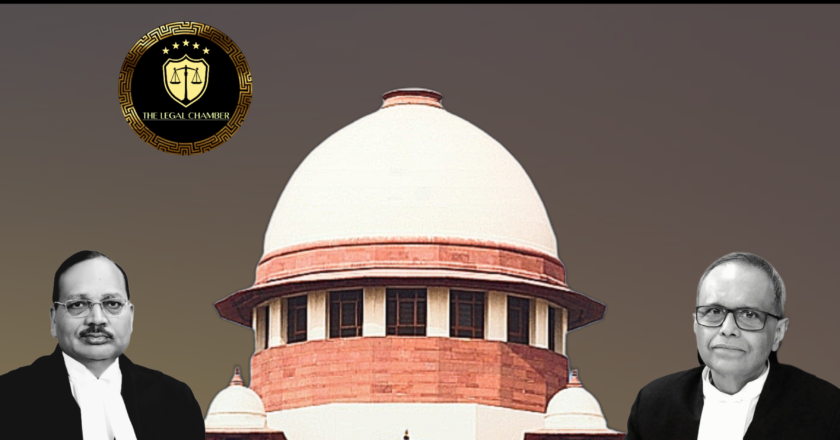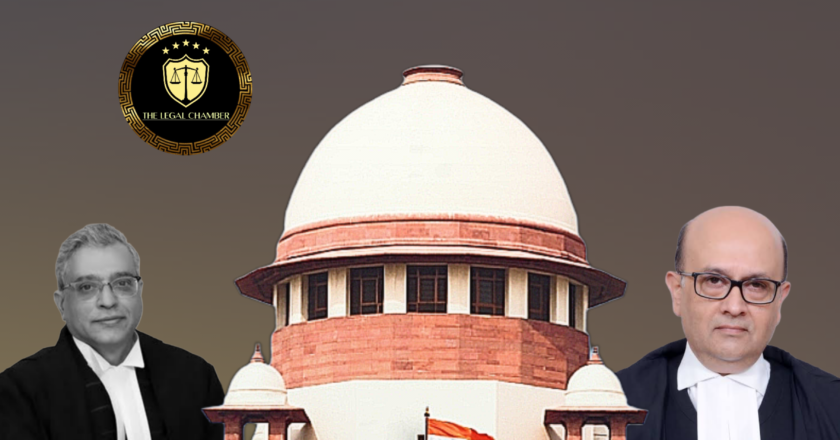How a Defective Arbitration Clause & the Pandemic Shaped a Landmark Supreme Court Ruling on Limitation
The Supreme Court held that an arbitration clause is not rendered invalid merely because the named arbitrator becomes statutorily ineligible; courts retain authority under Section 11(6) of the Arbitration Act to appoint a neutral arbitrator. Additionally, the limitation period for filing the application was extended by excluding the COVID-19 period from 15 March 2020 to 28 February 2022.
Facts Of The Case:
The appellant, Offshore Infrastructures Limited, was awarded a contract by the respondent, Bharat Petroleum Corporation Limited (formerly Bharat Oman Refineries Limited), for composite works at the Bina Refinery. The work, accepted on 31 December 2016, was to be completed by 30 May 2017 but was ultimately finished on 31 January 2018. The appellant raised its final bill on 20 Ma...


